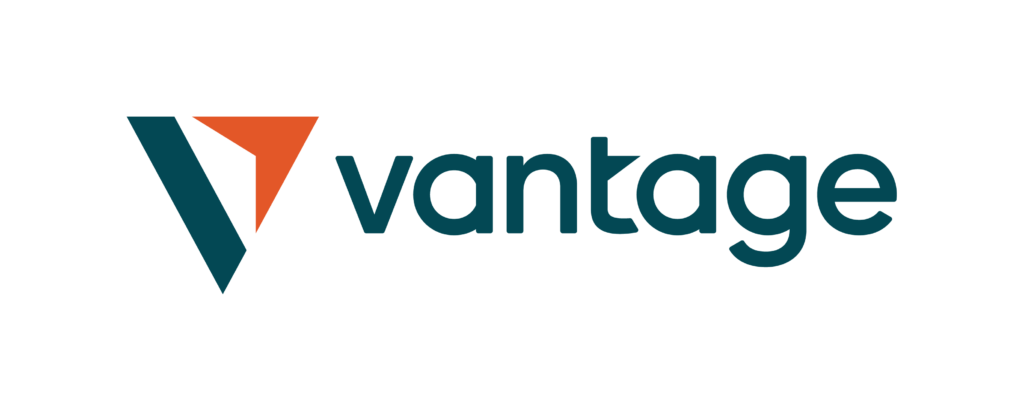Trade With Best Online Brokers
These brokers offer low entry barrier, Quick Deposit and withdrawal, High-Quality Trading Tools, Robust Access To Customer Service And No Hidden Account Fees


Why You’re going to need an online broker?
Want to trade in Forex? You’re going to need an online broker, and that broker should offer a reasonable investment minimum, high-quality trading tools, robust access to customer service and no hidden account fees. On these measures, the brokerage firms below earned their place on our list of the best online brokers for stock trading.
Summery Of
Some Best Online Brokers

Broker Type: RAW ECN,Standard STP ,PRO ECN, Islamic
Regulation: ASIC
Spread: Variable
Commission: $3.00
Maximum Leverage: 1:500
Minimum Lot Size: 0.01
Maximum Lot Size: 40
Minimum Deposit: $200

Broker Type: STP, ECN
Regulation: VFSC, CIMA
Spread: Variable
Commission: $7.00
Maximum Leverage: 1:500
Minimum Lot Size: 0.01
Maximum Lot Size: 100
Minimum Deposit: $50

Broker Type: RAW ECN,Standard STP ,PRO ECN, Islamic
Regulation: ASIC, CIMA, SVGFSA
Spread: EURUSD (1.2 PIPS), Variables
Commission: $5.00
Maximum Leverage: 1:500
Minimum Lot Size: 0.01
Maximum Lot Size: 500-1000
Minimum Deposit: $100
Frequently asked questions
Not much. Note that many of the brokers above have no account minimums for both taxable brokerage accounts and IRAs. Once you open an account, all it takes to get started is enough money to cover the cost of a single share of a stock and the trading commission.
Trading costs definitely matter to active and high-volume traders, but many brokers now offer commission-free trades of stocks, ETFs, and options. Other factors — access to a range of investments or training tools — may be more valuable than saving a few bucks when you purchase shares.
One easy way is to invest in exchange-traded funds. ETFs are essentially mutual funds that are bought and sold just like individual stocks on a stock market exchange. Like mutual funds, each ETF contains a basket of stocks (sometimes hundreds) that adhere to particular criteria (e.g., shares of companies that are part of a stock market index like the S&P 500). Unlike mutual funds, which can have high investment minimums, investors can purchase as little as one share of an ETF at a time.
Your money is indeed insured, but only against the unlikely event a brokerage firm or investment company goes under. A broker’s SIPC coverage (Securities Investor Protection Corporation) doesn’t cover any loss in value of your investments.
Your account choices boil down to a taxable brokerage account versus tax-favored retirement account, such as an IRA. Our guide to brokerage accounts goes into more detail about what’s involved in setting up a taxable account. Opening an IRA involves choosing which type, such as a Roth IRA, traditional IRA or SEP IRA. If you’re new to this, we’ve got you covered in our guide to IRAs.
After you’ve opened the account, you’ll need to initiate a deposit or funds transfer to the brokerage firm, which can take anywhere from a few days to a week. Once that is complete, it’s off to the investing races! And by that we mean taking a thoughtful and disciplined approach to investing your money for the long-term.
Some key criteria to consider when evaluating any investment company are how much money you have, what type of assets you intend to buy, your trading style and technical needs, how frequently you plan to transact and how much service you need. Our post about how to choose the best broker for you can help you sort through the features brokerage firms offer and rank your priorities.
